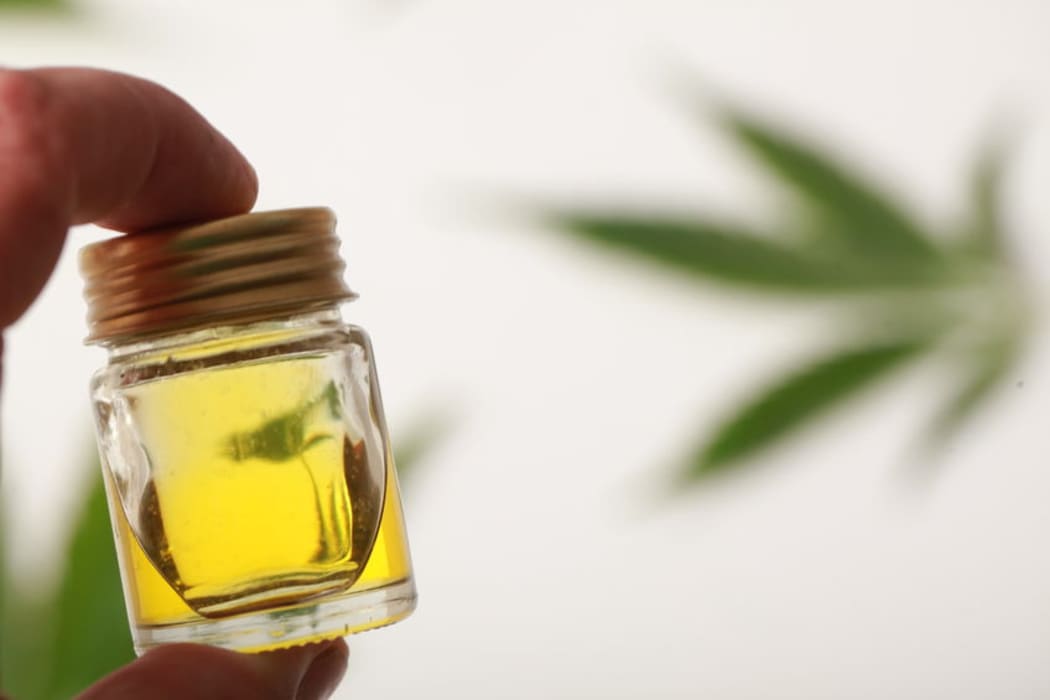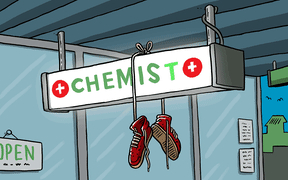The arrival of a new, cheaper medicinal cannabis product in New Zealand is good news for patients but will still be prohibitively expensive for many, advocates say.

Photo: 123RF
The cannabis oil, produced by Canadian company Tilray, was first granted an export licence to New Zealand in February, but until now has only been shipped to Middlemore Hospital in Auckland.
However, the first shipment that will be made available for GPs to prescribe has now arrived in the country.
It contains cannabidiol (CBD) - a cannabinoid that has been shown to have therapeutic properties, but is considered a class B drug under New Zealand law so cannot be advertised or promoted by the company.
Medical Cannabis Awareness New Zealand coordinator Shane Le Brun said the product had arrived "in the last week or so".
"It is now available for GPs to prescribe... [but] as an unregistered medicine they can't make therapeutic claims and as a controlled drug they can't advertise ... so it's kind of snuck in under the radar."
Since September, doctors have been able to prescribe CBD products without needing approval from the Health Minister.
Trials are underway to test Tilray products' effectiveness for treating childhood epilepsy, post-traumatic stress disorder and nausea and vomiting in chemotherapy patients.
Paediatric doctors here did not want to over-sell the benefits of the oil, "but certainly it does play a role for some of the severe [epilepsy] patients", Mr Le Brun said.
"Without there being substantial evidence, they still think it's worth a shot."
The wholesale cost of a single bottle of the oil was about $600 - about half the cost of the only other widely available medicinal cannabis product in New Zealand, Mr Le Brun said.
However, he expected the retail mark-up would probably put the price to patients at between $900 and $1000 a bottle.
Because Tilray was not a registered medicine, it was ineligible for Pharmac funding.
"Depending on the weight of a child for epilepsy, that bottle might only last three or four days, so without a political solution on the cost it still doesn't change anything for the patients who are most in need."
A much larger evidence base would be needed to get the product registered as a medicine and seek Pharmac subsidies, he said.
The new government's intention to set up a ring-fenced rare diseases fund could offer a solution, Mr Le Brun said.
"The evidence threshold for use [would be ] lower than it would be for general registration."





